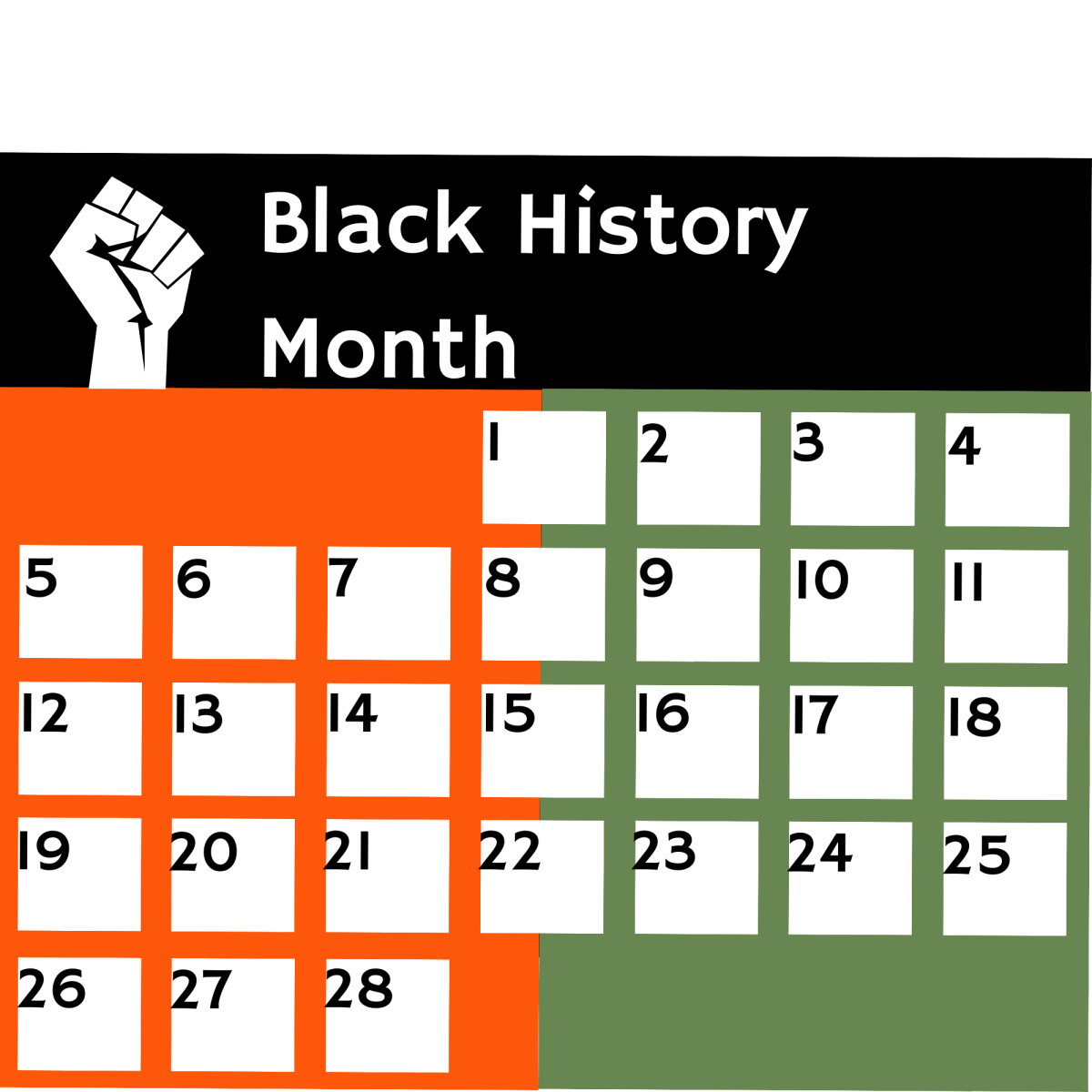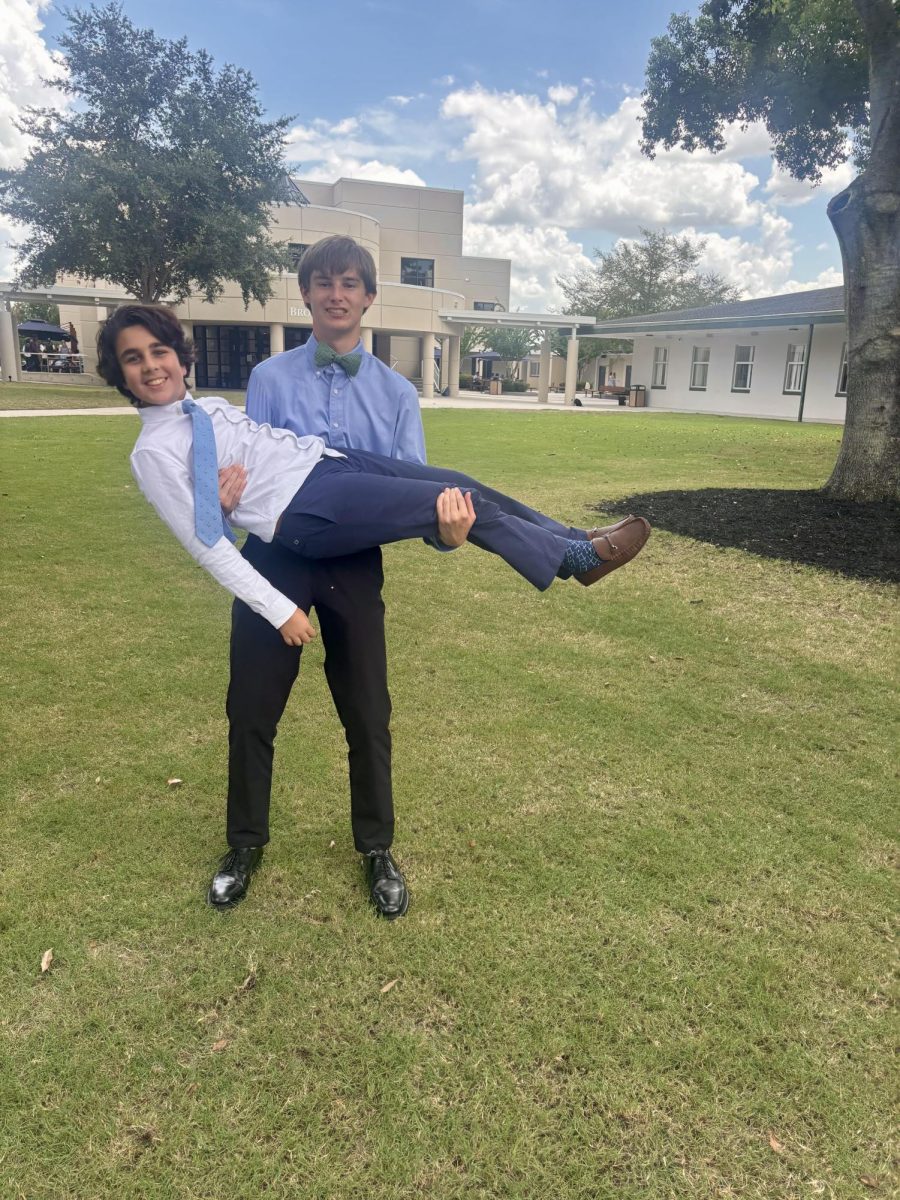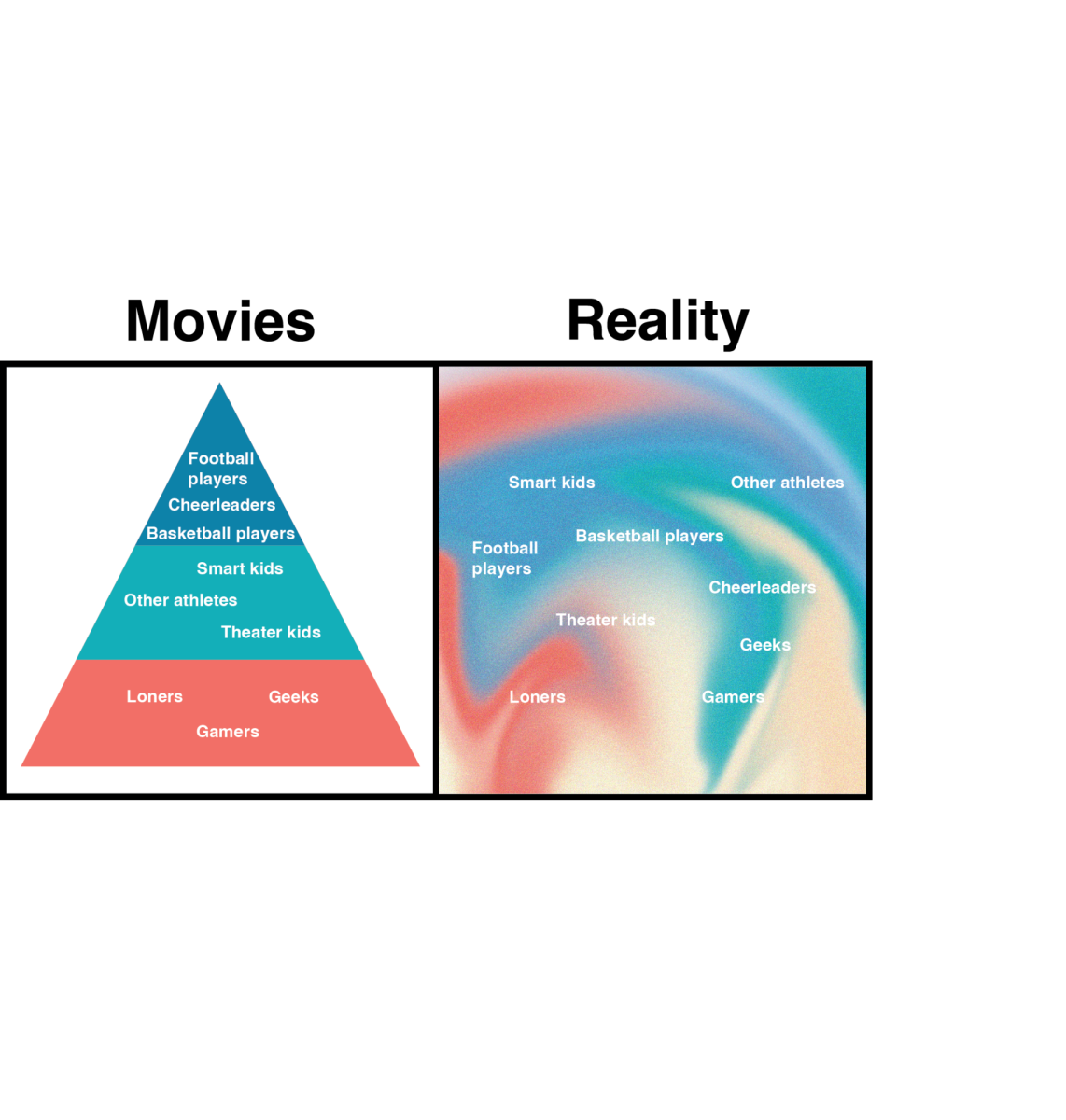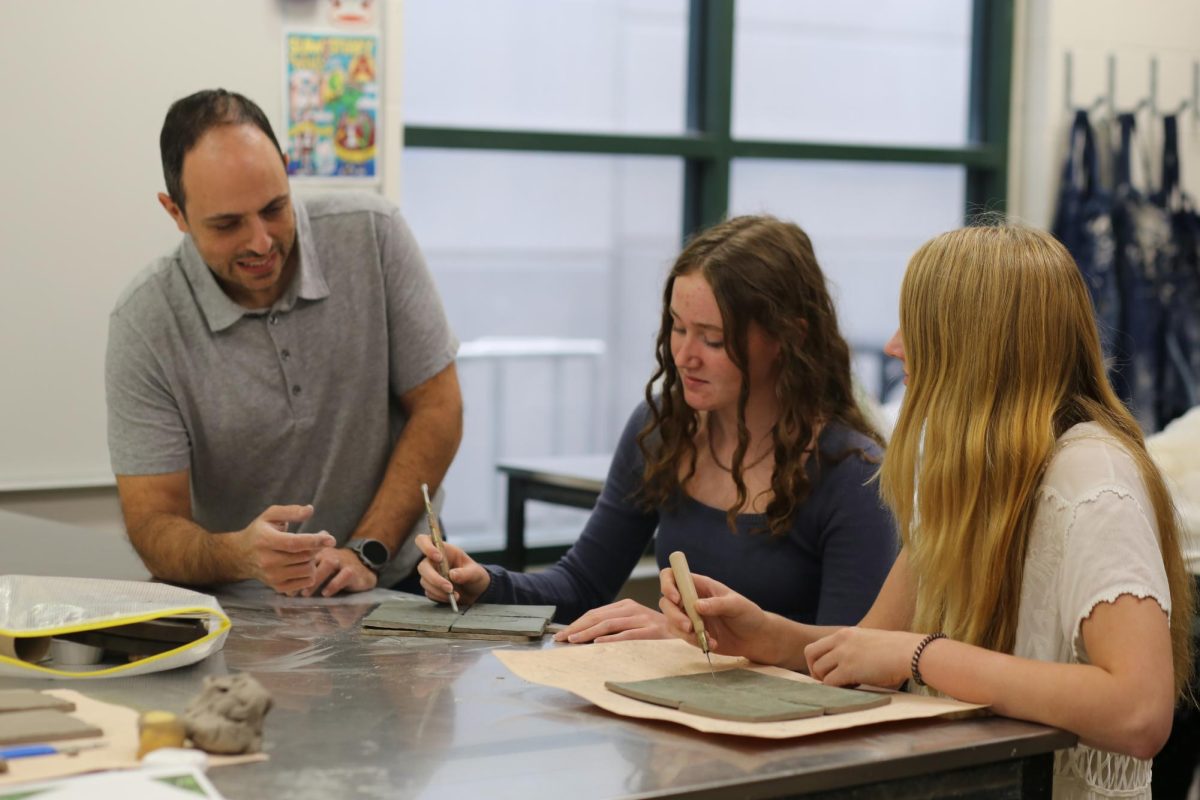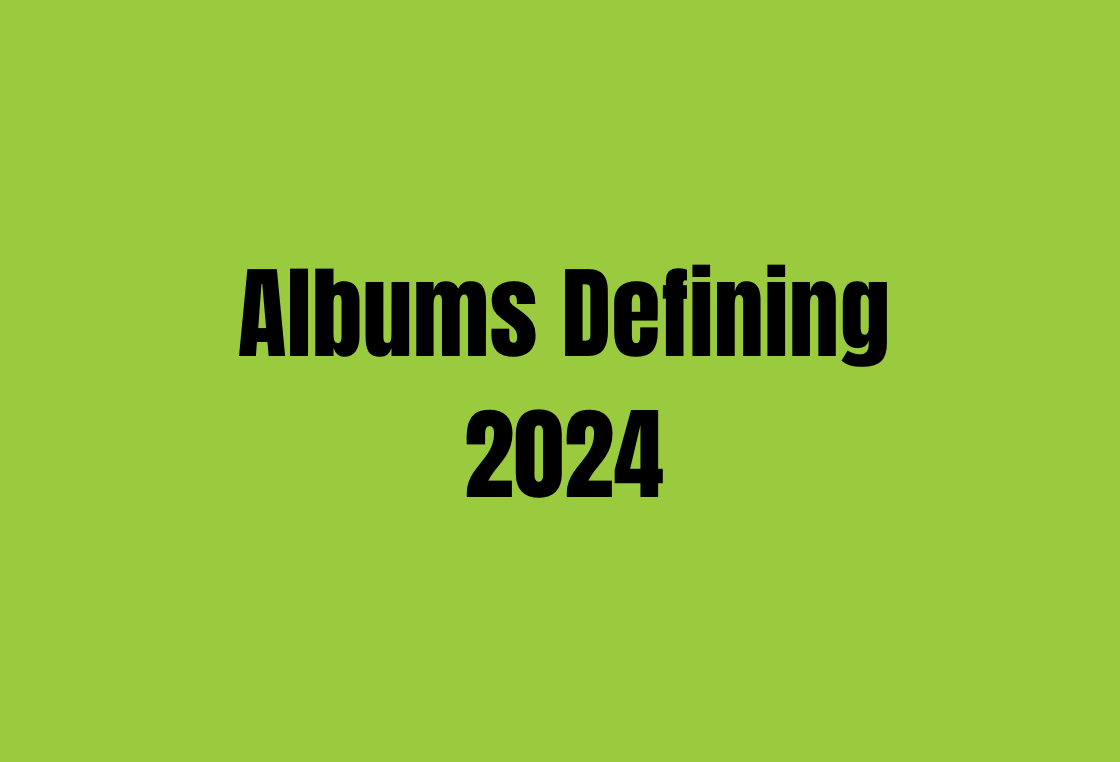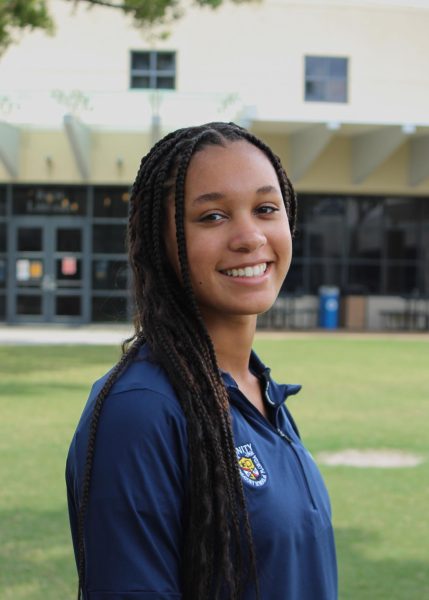Cultural months like Black History Month (Feb.), Hispanic Heritage Month (Sept. 15-Oct.15), Asian American and Pacific Islander Month (May), and Indigenous People’s Day have not always been recognized worldwide. In recent years there has been a push for more representation and understanding of different cultures.
“There’s a lot of stories that haven’t been told,” AP World teacher Isiah Cabal said. “We owe it to the world to make sure that these stories get told.”
The US Census recognizes six major ethnic groups. Five of these ethnicities have a month while Indigenous people only have day to represent their culture. These cultural months were instituted in order to appreciate often overlooked minority groups and the impact of their culture.
“People want to be seen,” Cabal said. “They want to feel represented and celebrated. It’s important that we understand that our history has multiple contributors.”
The first and designated cultural month is Black History Month, which was created on Feb. 28, 1970. Carter G. Woodson, “the father of Black history,” pushed for a month because he believed that Black people should be proud of their heritage and all Americans should understand the largely overlooked achievements of Black Americans.
“Those who have no record of what their forebears have accomplished lose the inspiration which comes from the teaching of biography and history,” Woodson said when calling for Black History Month.
Hispanic Heritage Month first started out as a week in 1988 to honor the independence and culture of many Latin American countries. It now is celebrated during the whole month of September as the month coincides with many Latin American countries’ independence days. It is also a way for immigrants of Hispanic countries to stay connected to their origins and celebrate their culture. During this month many festivals, art shows, conferences and community gatherings take place.
“The reason why it’s important for representation is because of all the immigrants that come here and come from zero, and then build up their lives and work for [representation],” sophomore Valeria Neira said.
Although cultural months have been in practice for decades, some cultural holidays are more recent additions. In 2021, President Biden was the first president to formally commemorate Indigenous People’s Day. He put it on the second Monday in October, coinciding with the controversial Columbus Day. The days coincide because Columbus explored “new land” but the Indigenous people were already living there. There are many misconceptions that come along with Indigenous People’s Day.
“[Students] use words like conquistadors, and pioneers and explorers,” Cabal said. “As we start to learn more about it there were people already living here, they were already really rich and vibrant and had successful empires.”
Many activist movements caused the push for Indigenous People’s Day. Activists and Indigenous groups protested to encourage more celebration of Indigenous People’s Day instead of Columbus Day because of his problematic history of colonization and enslaving native peoples. President Biden wanted it on the same day to honor America’s first inhabitants and the tribal nations that continue to thrive today. African kingdoms, Mesoamerican and North American societies were agents of change because many aspects of American culture were influenced by various cultures.
These cultural months encourage students to learn about history. Teachers make a point to encourage students to dive deeper into these topics and fully understand the different cultures. Learning about how culture impacts our society today is an important message that many try to get across. Teachers make a huge impact on each topic that they teach.
“We as a discipline have been pretty cognizant and conscious of showing all parts of the world, not just Western influence on world history, but bringing agency and showing the influence of African kingdoms and Mesoamerican cultures on North American societies,” Cabal said.
Each year the world is evolving with the knowledge of different cultures and the appreciation. The world is becoming more diverse and adding new cultural months for celebration each year.
“If we’re still looking at Columbus the same way that we were 100 years ago, I don’t think we’ve done our jobs as historians, as teachers,” Cabal said. “We’re agents of change.”




